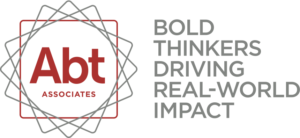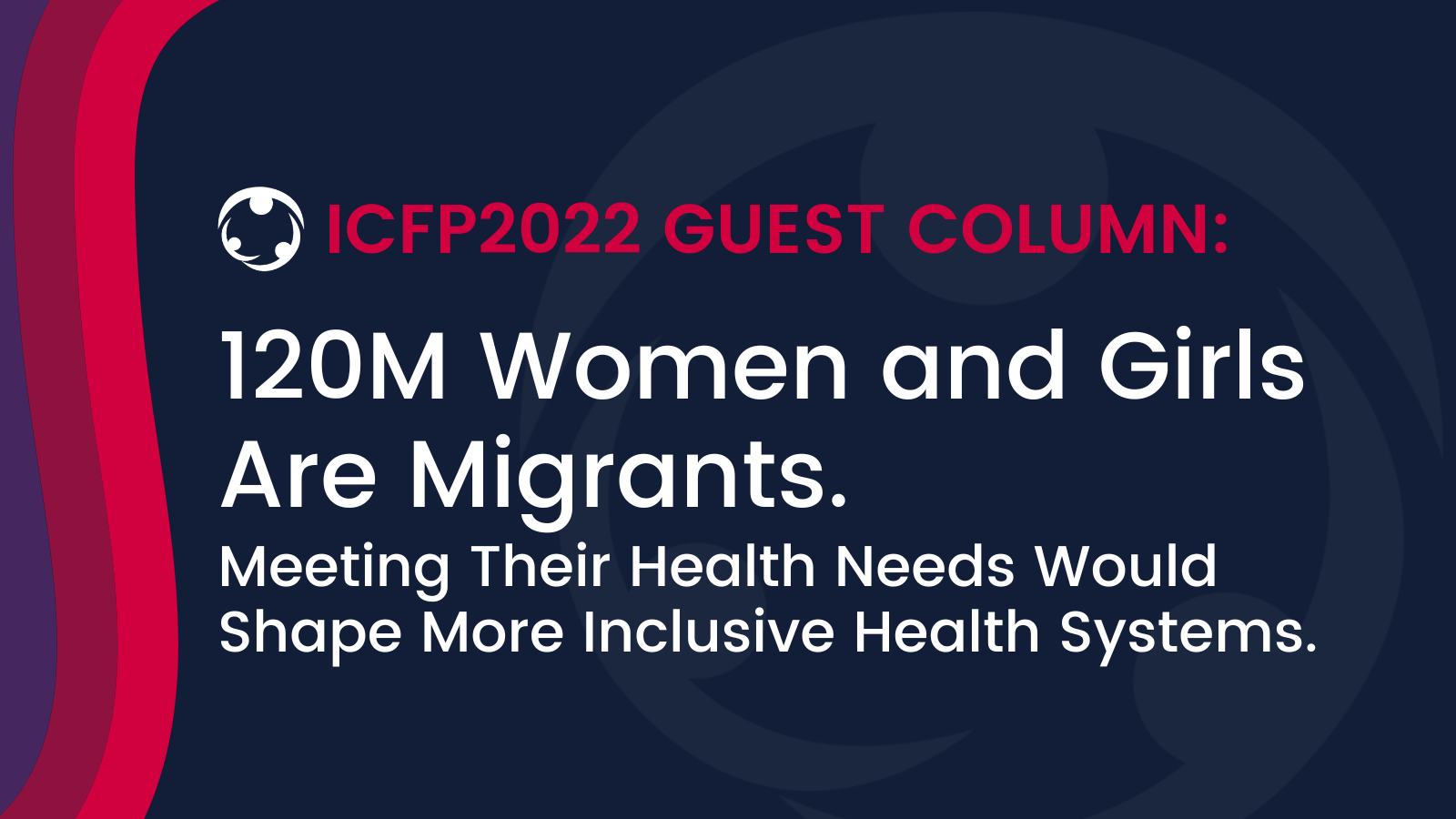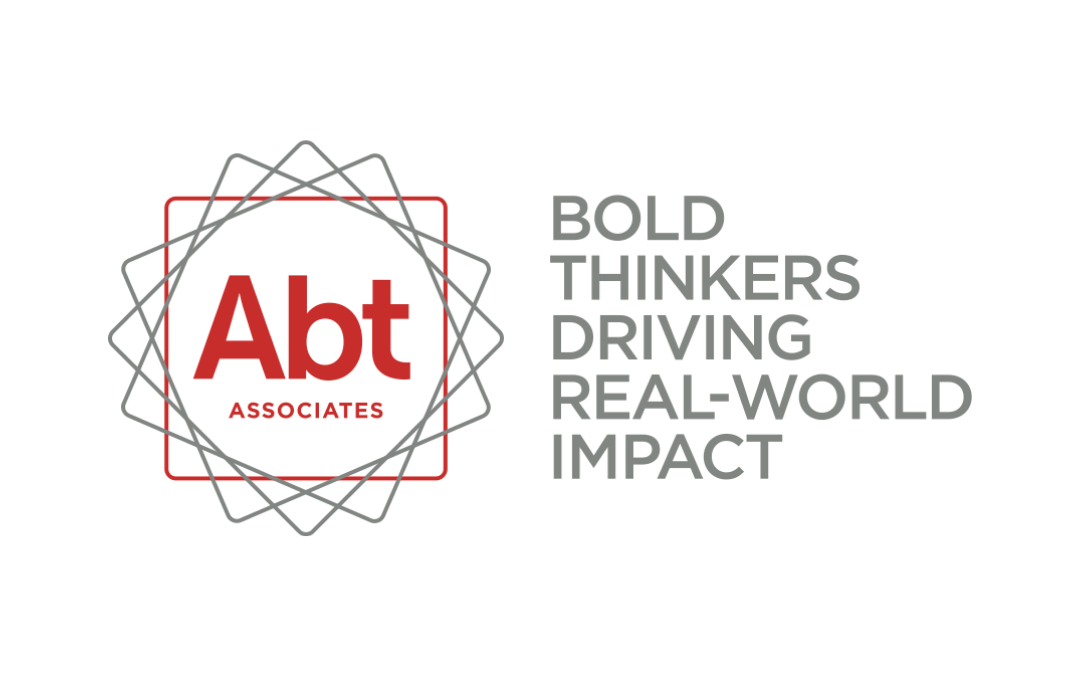Abt Associates
ICFP2022 Sponsor
Key Links & Information
Learn how Abt is building the capacity of DRC’s public sector to help millions access quality RMNCH services.
In Afghanistan, Abt supported the introduction of a progestin-only oral contraceptive in the private sector, giving millions of post-partum women access to this popular FP method.
Abt supported a public-private partnership model that increased access to private sector RMNCH services.

Abt Associates provides data-driven capacity building, technical assistance, and policy support to help our clients—governments around the world—improve the quality of families’ lives.
We collaborate with the private sector and civil society to help prevent unintended pregnancies, unsafe abortions, and maternal deaths by increasing demand for and access to affordable, quality family planning (FP) services.
Abt implements a wide range of FP projects – from SHOPS Plus which through a public/private engagement approach has delivered to couples over 2.5 million couple-years protection – to the DRC, where support to the public sector has resulted in 1.2 million new FP users in a year and a half.

Guest Column
120M Women and Girls Are Migrants. Meeting Their Health Needs Would Shape More Inclusive Health Systems.
Video Spotlight
Featured Content
Reproductive, Maternal, Newborn, and Child Health Brochure
Abt’s global and domestic approach to maternal, child and reproductive health supports cost-effective projects that produce sustainable quality results. We specialize in community and local partner involvement, evidence-based interventions, meaningful evaluation, and improved quality of care and technical assistance in the delivery of services.
Reproductive, Maternal, Newborn and Child Health (RMNCH)
Mothers and children represent some of the most vulnerable populations across the globe. Abt Associates strives to disrupt the root causes of maternal, neonatal, and child mortality and morbidity by supporting comprehensive programs that strengthen health policy and systems, improve access to and quality of essential services, address knowledge gaps, support behavior change, and use cross sectoral approaches to improve the lives of millions of women and children.

